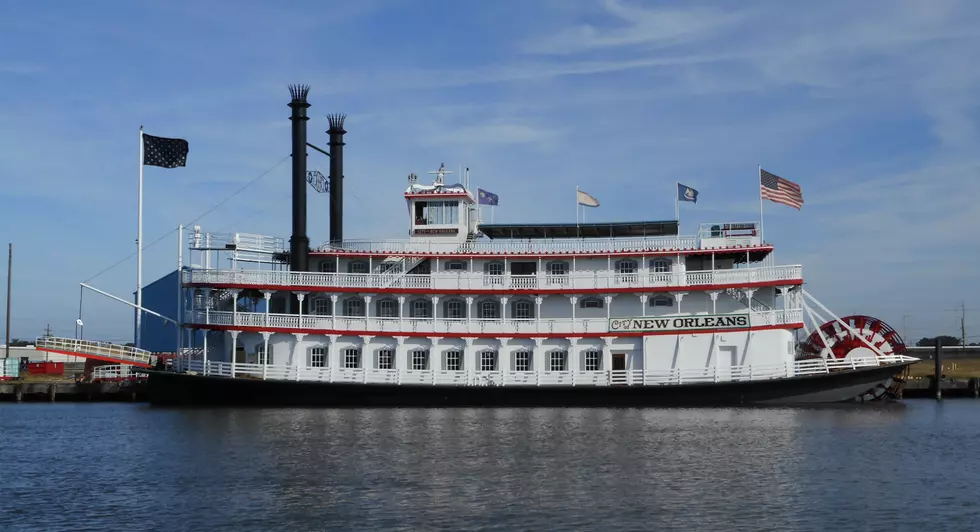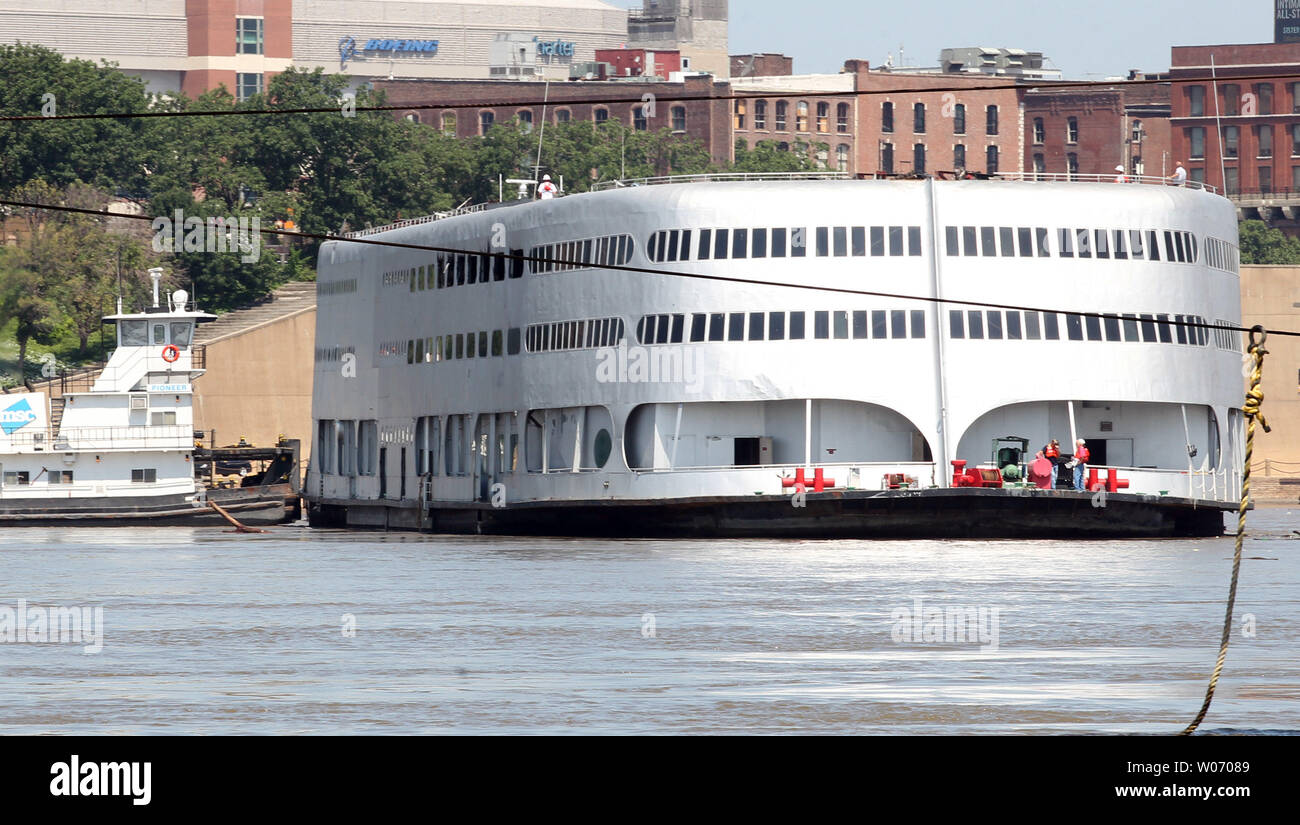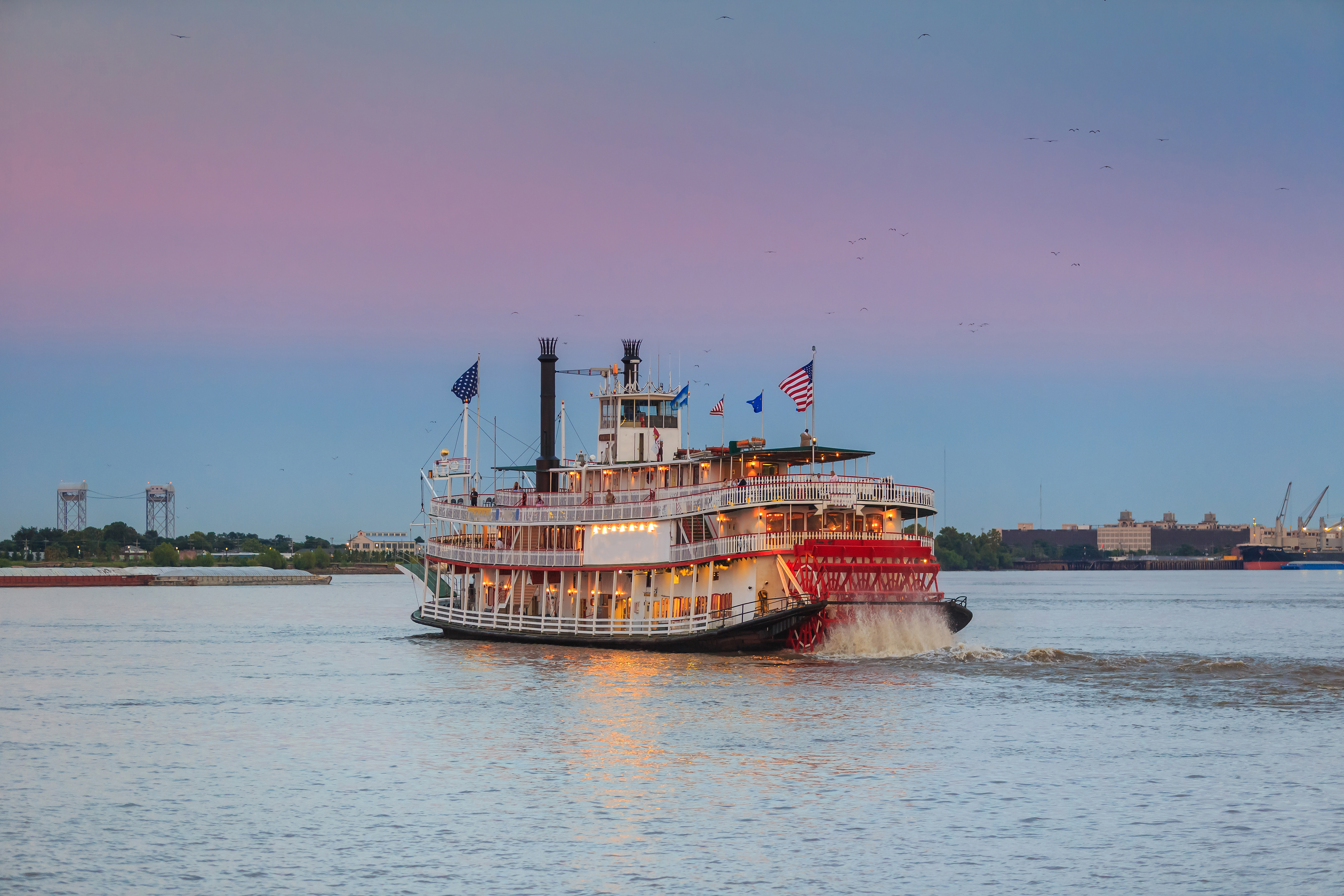Gambling Boat Mississippi River

- Title: Casino Boat on the Mississippi River, Natchez, Mississippi Creator(s): Highsmith, Carol M., 1946-, photographer Date Created/Published: 2008 October 9.
- From April 1, 1991, to March 31, 1992, Dubuque Casino Belle Inc. Sold single-price admission tickets to the riverboat that entitled a patron to: (1) admission to the boat; (2) a cruise on the MISSISSIPPI RIVER during cruising season; (3) admission to the gambling casinos on the boat if the patron was more than twenty-one years old; (4) a buffet.
- Aug 31, 2013 - Explore Erin Riley Downing's board 'Mississippi Riverboat' on Pinterest. See more ideas about River boat, Mississippi, Mississippi river cruise.
As cities passed ordinances against gaming houses in town, the cheats moved to the unregulated waters of the Mississippi aboard river steamers. There was also gambling with the racing of boats up the river. By law, Mississippi’s riverboat casinos must be located on coastal waters, the Mississippi River, and in navigable waters of counties bordering the Mississippi River. After Hurricane Katrina in 2005, the Mississippi legislature allowed the state’s gulf coast casinos to rebuild on land within 800 feet of the shoreline.
A riverboat casino is a type of casino on a riverboat found in several states in the United States with frontage on the Mississippi River and its tributaries, or along the Gulf Coast. Several states authorized this type of casino in order to enable gambling but limit the areas where casinos could be constructed; it was a type of legal fiction as the riverboats were seldom if ever taken away from the dock.
History[edit]

Paddlewheel riverboats had long been used on the Mississippi River and its tributaries to transport passengers and freight. After railroads largely superseded them, in the 20th century, they were more frequently used for entertainment excursions, sometimes for several hours, than for passage among riverfront towns. They were often a way for people to escape the heat of the town, as well as to enjoy live music and dancing. Gambling was also common on the riverboats, in card games and via slot machines.
When riverboat casinos were first approved in the late 20th century by the states, which generally prohibited gaming on land, these casinos were required to be located on ships that could sail away from the dock. In some areas, gambling was allowed only when the ship was sailing, as in the traditional excursions. They were approved in states with frontage along the Mississippi and its tributaries, including Illinois, Indiana, Louisiana, Mississippi and Missouri. Illinois also allowed limited riverboat casinos in the Chicago metropolitan area, which has a Mississippi River connection through the Chicago Sanitary and Ship Canal, while Northwest Indiana has three 'riverboat' casinos in harbors along Lake Michigan.
As an example, in 1994 Missouri voters approved amending the state constitution to allow 'games of chance' on the Mississippi and Missouri rivers. By 1998, 'according to the state Gaming Commission, just three of the 16 operations comprising Missouri's $652-million riverboat gambling industry [were] clearly on the main river channel.' The state supreme court had ruled that boats had to be 'solely over and in contact with the surface' of the rivers.[1] Several casinos had been located on riverboats located in a moat or an area with water adjacent to a navigable waterway, leading them to be referred to as 'boats in moats.'[1] The state legislatures were unwilling to give up the revenues generated by gambling. Over time, they allowed gaming casinos to be built on stilts, though with the requirement they had to be over navigable water.
Following Hurricane Katrina in 2005, which destroyed most riverboat casinos and their associated facilities of hotels, restaurants, etc., in states along the Gulf Coast, several states changed their enabling legislation or amended constitutions. They permitted such casinos to be built on land within certain geographic limits from a navigable waterway. Most of Mississippi's Gulf Coast riverboat casinos have been rebuilt on beachfronts with solid foundation systems since the hurricane.
References[edit]

American Jazz
- ^ abSloca, Paul (18 January 1998). 'Missouri's 'Boats in Moats' Get That Sinking Feeling'. Associated Press. Retrieved 3 April 2015.
External links[edit]
- Partial listing of permanently moored casinos, DeJong and Lebet, Inc., Naval Architects and Marine Designers
Avelez Hotel in Biloxi, built in the late 1920s, was one of many hotels on the Mississippi Gulf Coast that offered gambling activities. Located on Howard Street, room rates were $1.50 to $5.00, with tub or shower. It was demolished in the 1950s. Postcard courtesy Deanne Nuwer.
In early 20th century, The White House Hotel in Biloxi offered slot machines for its guest, along with dancing and golfing. Today, in early 21st century, it awaits renovation. Postcard courtesy Deanne Nuwer.
Postcard showing the entrance to the Buena Vista Hotel in Biloxi. The hotel was damaged by fire and then neglect before it was ultimately demolished. Its site is now a parking lot for the Beau Rivage Casino. Postcard courtesy Deanne Nuwer.
Out for a night in Biloxi. Gambler Bob Thompson, center, in the lobby of the Avelez Hotel cashing in his winning bet against Salvatore Joseph Sicuro. The winner got to kiss Sicuro’s wife, Josephine Louise Sicuro, left. Sicuro, rear, had his lounge business in the Avelez Hotel. Circa 1946 photograph courtesy Claude Sicuro.

Out for a night in Clarksdale, Mississippi. Gamblers in a juke joint. November 1939 photograph by Marion Post Wolcott. Courtesy Library of Congress, Prints and Photographs Division. Call No: LC-USF34-052487-D
The Broadwater Beach Hotel was built in 1938 specifically to cater to out-of-state and Mississippi gamblers. Damaged by Hurricane Camille, the hotel was restored and still exists. Postcard courtesy Deanne Nuwer.
Mississippi River Gambling Boat In Iowa
Gamblers in the lobby of the Tivoli Hotel on the Gulf Coast. Late 1940s photograph courtesy Deanne Nuwer.